
Need to change from the root
Every aspect of social life today has a very high level of change, just a moment of "negligence" can cause you to fall behind. The same goes for journalism training, which must be constantly updated to keep up with the changes in technology.
In the context of constantly changing media, journalism training is no longer about learning to become a professional, but about learning to master methods of continuous updating to adapt. The journalist of the new era is not only a storyteller but also a technology expert, a content strategist and a socially responsible person. Without constantly updating skills and thinking differently, being pushed off the track by technology is no longer a prediction.
Integrating technology skills into journalism curricula is an inevitable and extremely necessary trend in the context of media that is changing profoundly by digital technology and artificial intelligence as it is today. Journalism today is not only about writing news articles, interviews or breaking news, but also about storytelling with technology. Journalists and newsrooms must use data, images, videos, sounds, and even simple programming to create more engaging news experiences. Therefore, in the current context, without understanding technology, it is impossible to do modern journalism effectively.
In today's newsrooms, they will prioritize multi-skilled candidates. If in the past, when recruiting a reporter, they only needed to choose someone who could write "cleanly", then train them for a while and that was it; now, when recruiting a reporter, they set very high criteria: proficient in all skills, not only writing, filming, editing, taking photos... but also having to be familiar with technology, applying AI to processing, optimizing work efficiency.
Therefore, integrating technology into training helps journalism students have more career options, not only limited to being reporters and editors but also being able to work in digital media, social media content, news data management...
Furthermore, integrating technology into training contributes to enhancing creative and innovative thinking. When learning technology, students have more tools to experiment with new forms of storytelling, suitable for the information reception behavior of modern audiences (preferring brevity, vividness, and interaction). Understanding and using data also helps journalists avoid sentimentality, improving accuracy and scientificity in processing and reporting news.
Integrating technology skills into journalism training today is not just a “should” but a “must”, but it needs to be done strategically, harmoniously and with direction. The ultimate goal is to train modern journalists, applying technology and artificial intelligence to improve performance and optimize work efficiency, not to train journalists who depend on those things.
Non-traditional challenges

In the current context, the biggest challenge for journalism graduates is... unemployment. Currently, most press agencies are restructuring and streamlining their apparatus. Many press agencies have to "eliminate" following the restructuring and streamlining of their parent agencies. In addition, print newspapers, even electronic newspapers, are in trend, and newspapers have to struggle to reform to meet the needs of readers.
Meanwhile, the press economy is facing difficulties because social media platforms have captured more than 70% of the advertising market share. Press agencies are caught in a vicious cycle: circulation is decreasing but they have to innovate and reform. When they innovate and reform, they also face difficulties when technology changes continuously, and before they have time to get used to it, something new comes out...
If they are lucky enough to find a job, new graduates face a series of other challenges. Some typical challenges can be pointed out: First of all, there is fierce competitive pressure. The number of content producers is increasing. If in the past there were only professional journalists, now there are many citizen journalists - social media users, KOLs, YouTubers, TikTokers... Therefore, for a new graduate to have their own mark, a difference in thinking, style or specialized skills (such as data analysis, podcast production, visual storytelling...) to get people to "pay attention" is not easy.
Journalism today no longer works on the traditional news cycle (day/week), but 24/7, multi-platform: from print, television, to social networks, mobile applications... New graduates often lack the skills to work quickly, flexibly and responsively with many different tools, leading to a feeling of being overwhelmed.
Low income and harsh working environment are also a big pressure. In many press agencies, before the serious recession, the initial income was quite low, even working without salary, just writing for a living, not commensurate with the effort put in. In a stressful working environment, the guidance of the previous generation became lacking and weaker, making newcomers to the profession feel lost...
Journalism students today enter the profession in a context of many opportunities but also many challenges. However, when one door closes, another opens. Currently, agencies and businesses are very interested in communication and aim for professional communication (internal and external). Therefore, they are in great need of professional journalists and media workers. This is a great opportunity for new journalism graduates...
Source: https://baoquangnam.vn/nghe-bao-trong-ky-nguyen-so-thay-doi-de-tai-dinh-hinh-3157073.html
















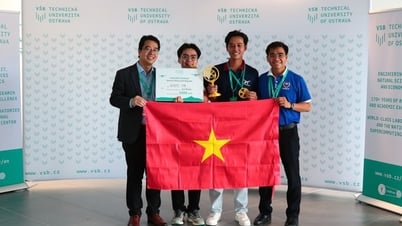











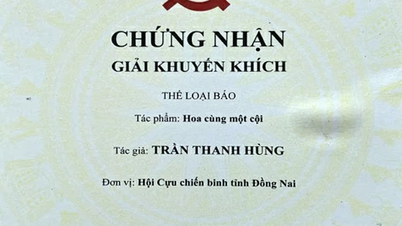











![[Photo] The 9th Congress of the Party Committee of the Office of the President, term 2025-2030](https://vphoto.vietnam.vn/thumb/1200x675/vietnam/resource/IMAGE/2025/6/20/78e7f27e8c4b4edc8859f09572409ad3)











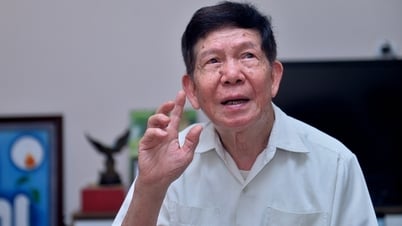














![[Maritime News] Wan Hai Lines invests $150 million to buy 48,000 containers](https://vphoto.vietnam.vn/thumb/402x226/vietnam/resource/IMAGE/2025/6/20/c945a62aff624b4bb5c25e67e9bcc1cb)


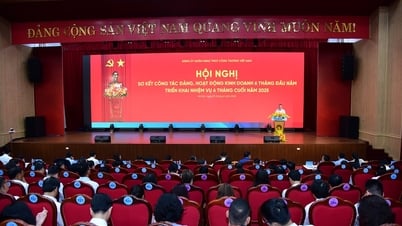





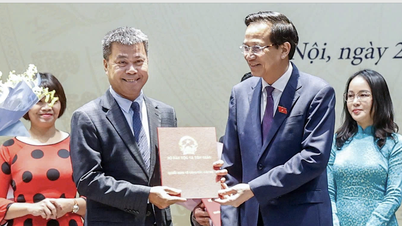
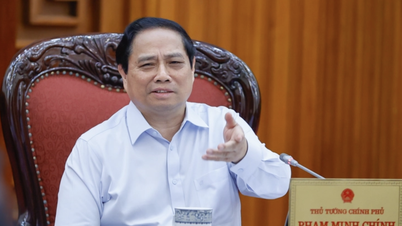



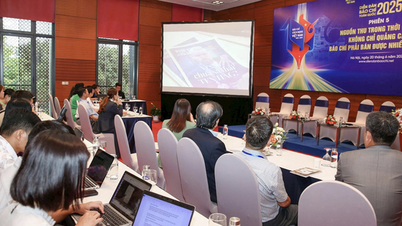







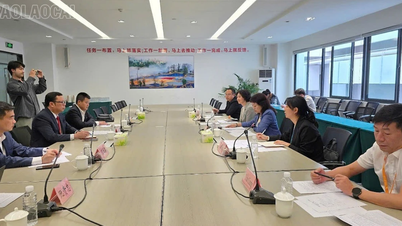




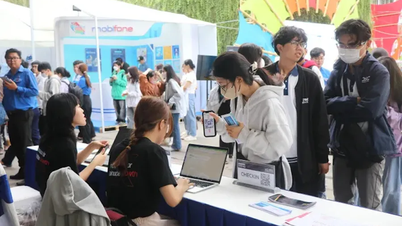










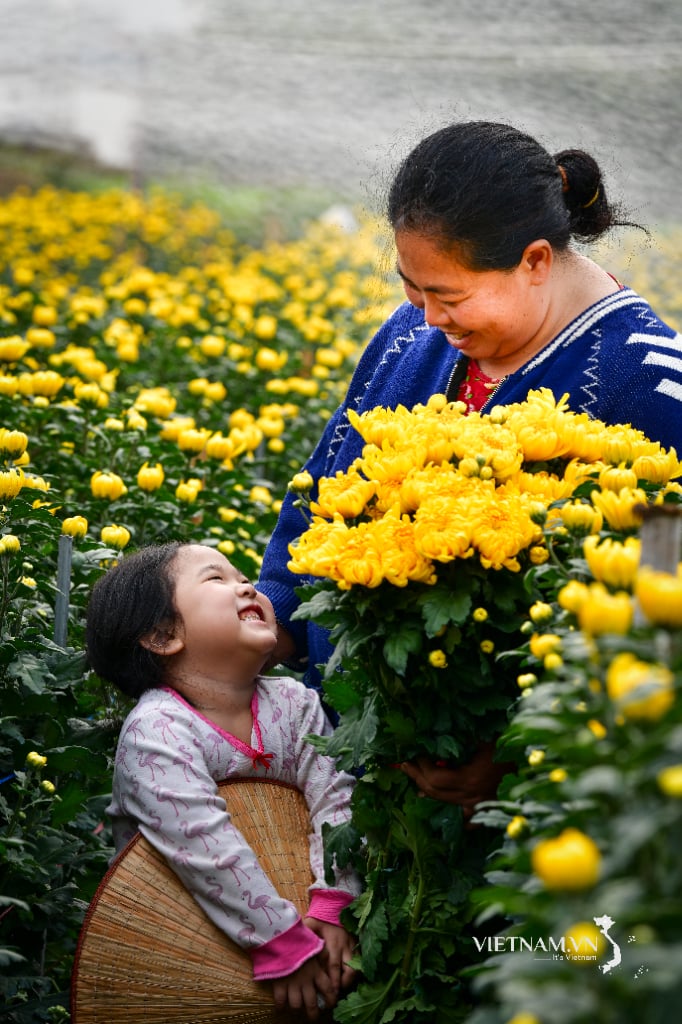



Comment (0)